For individuals with an accounting background who want to advance into leadership positions or those looking to pivot into the field after earning a bachelor’s degree in another subject, an online master’s in accounting degree can be a convenient, cost-effective way to get the education they need.
According to the National Center for Education Statistics (NCES), the average annual tuition for graduate programs in the 2021-22 academic year was $20,513. However, many factors influence how much an individual student will pay for a master’s in accounting degree. Intelligent.com compiled this list of the most affordable master’s in accounting programs to help students find a program that fits their budgets. This article also includes a detailed cost breakdown for accounting degree programs, guidance on financial aid options, and essential tips to help you select the ideal program for your professional goals.
Why Trust Us
The Intelligent.com Higher Education Team is dedicated to providing students with independent, equitable school and program rankings and well-researched resources. Our expert-driven articles cover topics related to online colleges and programs, paying for school, and career outlooks. We use data from the U.S. Department of Education’s College Scorecard, the National Center for Education Statistics, and other reputable educational and professional organizations. Our academic advisory team reviews content and verifies accuracy throughout the year for the most current information. Partnerships do not influence rankings or editorial decisions.
- Analyzed over 2,000 national, accredited, and nonprofit colleges and universities
- 800+ rankings pages are reviewed and updated yearly
- Content is informed by reputable sources, surveys, and interviews with academic advisors and other experts
- Over 100 data points are reviewed for accuracy and quality throughout the year, including sources
How we rank schools
Our list features the most affordable online Master’s in Accounting degree programs at top colleges nationwide. Each school featured is a nonprofit, accredited institution — either public or private — with a high standard of academic quality for post-secondary institutions.
We evaluated each school’s program on tuition costs, admission, retention and graduation rates, faculty, reputation, and the student resources provided for online students. We collected data from trusted sources like the National Center for Education Statistics, individual school and program websites, school admissions counselors, and other data sources. Then, we calculated the Intelligent Score on a scale of 0 to 100 based on the following criterion:
Academic Quality:
- Admission rate versus enrollment rate
- Retention rate of students who return after year one
- Accreditation status (regional and programmatic)
- Nonprofit status, both private and public institutions
Graduation Rate
- Overall graduation rate
- Total number of currently enrolled students, including diversity metrics
- Student-to-faculty ratio
Cost and ROI
- In-state and out-of-state per-credit tuition rates and fees
- Required credits to graduate
- Earning potential after graduation
- Availability of federal student loans, scholarships, and other financial aid options
Student Resources
- Available student services for online-only and hybrid programs
- On-campus amenities like tutoring centers and the number of libraries
Read more about our ranking methodology.
Most Affordable 42 Online Master’s in Accounting Programs
FiltersInstitution Type
Status
- Intelligent Score
- Alphabetically By University Name
- Acceptance Rate
- Enrollment
- In-state Graduate Tuition
- Out-of-state Graduate Tuition
- In-state Undergraduate Tuition
- Out-of-state Undergraduate Tuition

Western Governors University
Intelligent Score: 99.82In-state: $6,380
Out-of-state: $6,380
In-state: $7,500
Out-of-state: $7,500
SAT: N/A
ACT: N/A
$634
Online
Accreditation Council for Business Schools and Programs
30

University of South Dakota
Intelligent Score: 99.53In-state: $7,697
Out-of-state: $11,172
In-state: $6,062
Out-of-state: $6,062
SAT: 1000-1245
ACT: 20-25
$470
Online, On-Campus
Association to Advance Collegiate Schools of Business International
30

Emporia State University
Intelligent Score: 99.27In-state: $5,278
Out-of-state: $19,522
In-state: $6,547
Out-of-state: $6,547
SAT: N/A
ACT: N/A
$363
Online
Association to Advance Collegiate Schools of Business International
30

CSU Global
Intelligent Score: 99In-state: $9,426
Out-of-state: $28,147
In-state: $10,520
Out-of-state: $10,520
SAT: 1070-1280
ACT: 23-29
$675
Online
Higher Learning Commission
30

Liberty University
Intelligent Score: 97.26In-state: $14,791
Out-of-state: $14,791
In-state: $7,935
Out-of-state: $7,935
SAT: 1040-1250
ACT: 21-29
$565
Online
Accreditation Council for Business Schools and Programs
30

Gardner-Webb University
Intelligent Score: 97.24In-state: $52,370
Out-of-state: $52,370
In-state: $29,990
Out-of-state: $29,990
SAT: 1000-1200
ACT: 18-21
$665
Online
Accreditation Council for Business Schools and Programs
30

Indiana Wesleyan University
Intelligent Score: 96.55In-state: $28,184
Out-of-state: $28,184
In-state: $13,512
Out-of-state: $13,512
SAT: 1010-1200
ACT: 21-27
$565
Online
Accreditation Council for Business Schools and Programs
36
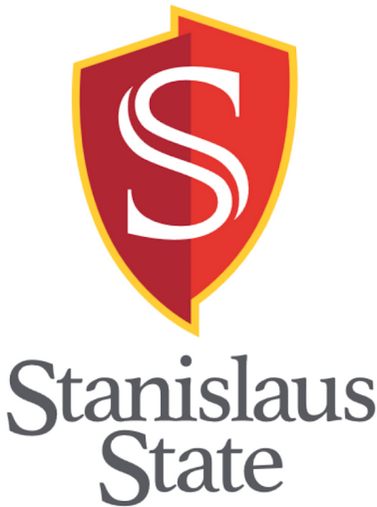
Saint Mary’s University of Minnesota
Intelligent Score: 95.26In-state: NA
Out-of-state: NA
In-state: NA
Out-of-state: NA
SAT: NA
ACT: NA
$730
Online
Higher Learning Commission
30
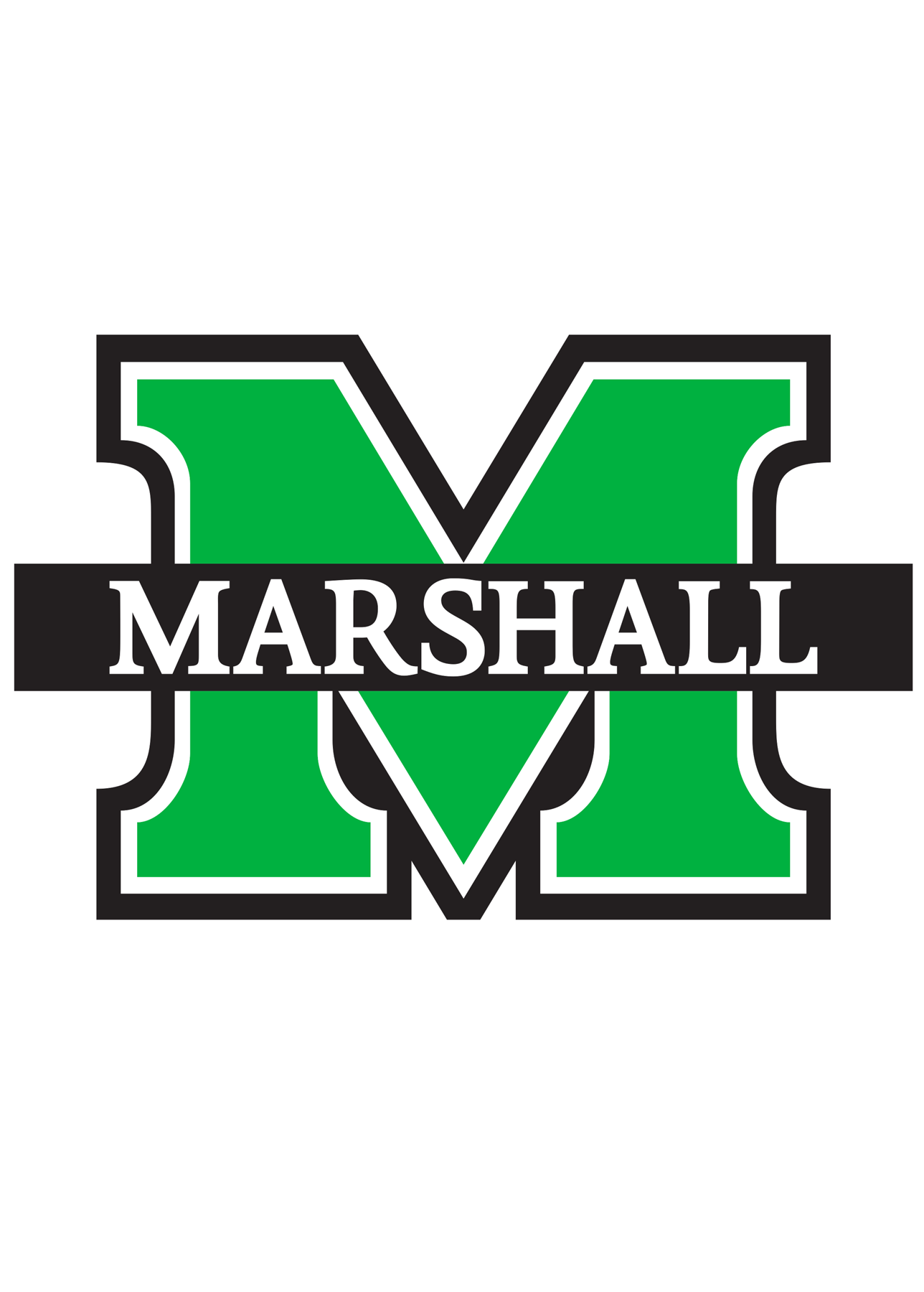
Marshall University
Intelligent Score: 94.59In-state: $7,190
Out-of-state: $18,044
In-state: $7,506
Out-of-state: $7,506
SAT: 940-1145
ACT: 19-25
$509
Online
Accreditation Council for Business Schools and Programs
30

Southern New Hampshire University
Intelligent Score: 93.99In-state: $9,600
Out-of-state: $9,600
In-state: $18,810
Out-of-state: $18,810
SAT: N/A
ACT: N/A
$637
Online
Accreditation Council for Business Schools and Programs
30

Athens State University
Intelligent Score: 92.94In-state: $26,107
Out-of-state: $27,574
In-state: $28,892
Out-of-state: $28,892
SAT: Not Required
ACT: Not Required
$362
Online
Southern Association of Colleges and Schools Commission on · Colleges
30
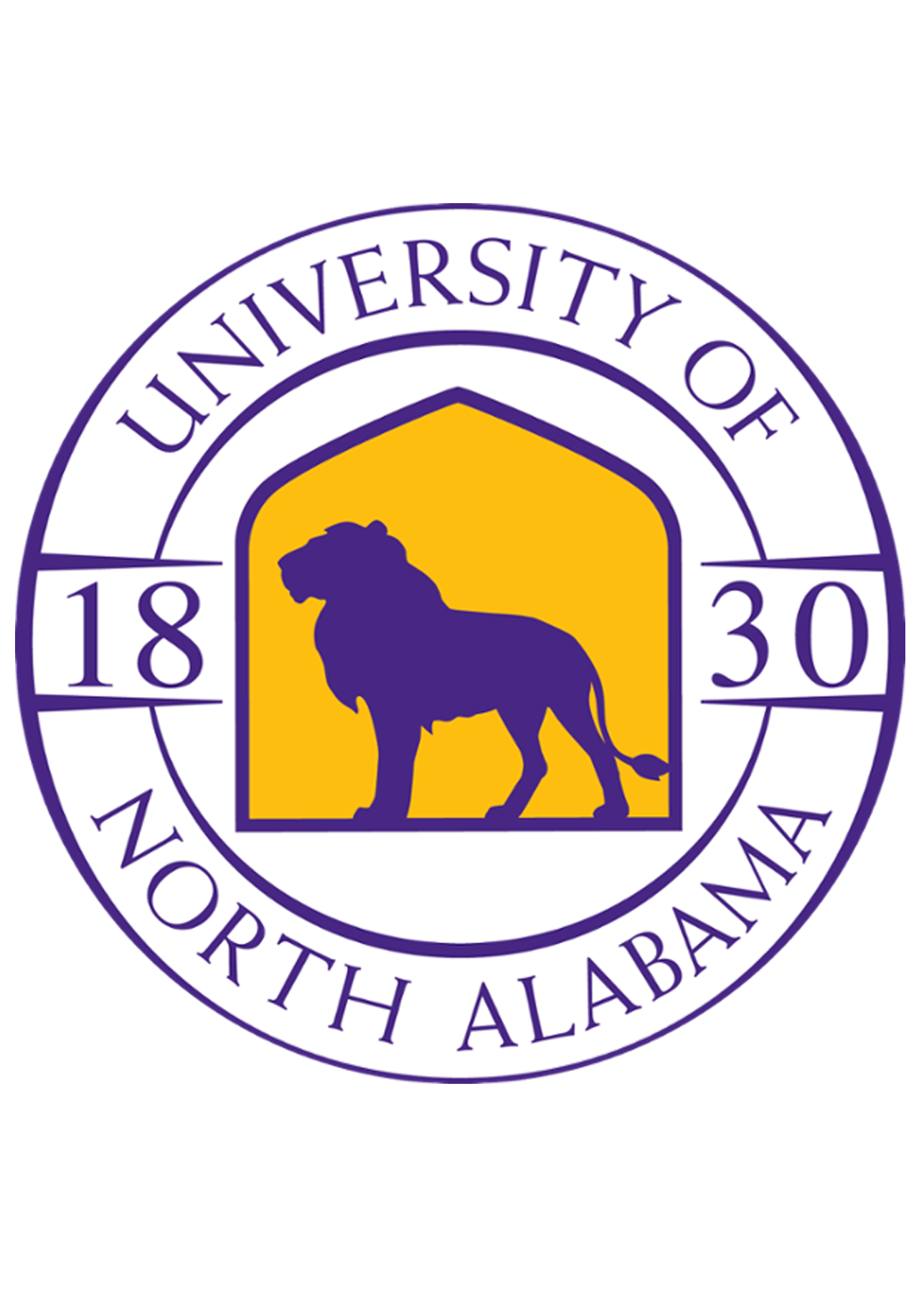
University of North Alabama
Intelligent Score: 92.81In-state: $9,600
Out-of-state: $19,200
In-state: $6,660
Out-of-state: $6,660
SAT: N/A
ACT: N/A
$495
Online, On-Campus
Association to Advance Collegiate Schools of Business International
30

Wilmington University
Intelligent Score: 91.86In-state: $11,430
Out-of-state: $11,430
In-state: $8,784
Out-of-state: $8,784
SAT: N/A
ACT: N/A
$524
Online, On-Campus
International Accreditation Council for Business Education
30

The University of Texas Permian Basin
Intelligent Score: 91.68In-state: $11,448
Out-of-state: $40,032
In-state: $12,028
Out-of-state: $12,028
SAT: 1210-1470
ACT: 26-33
$274
Online
Association to Advance Collegiate Schools of Business International
36
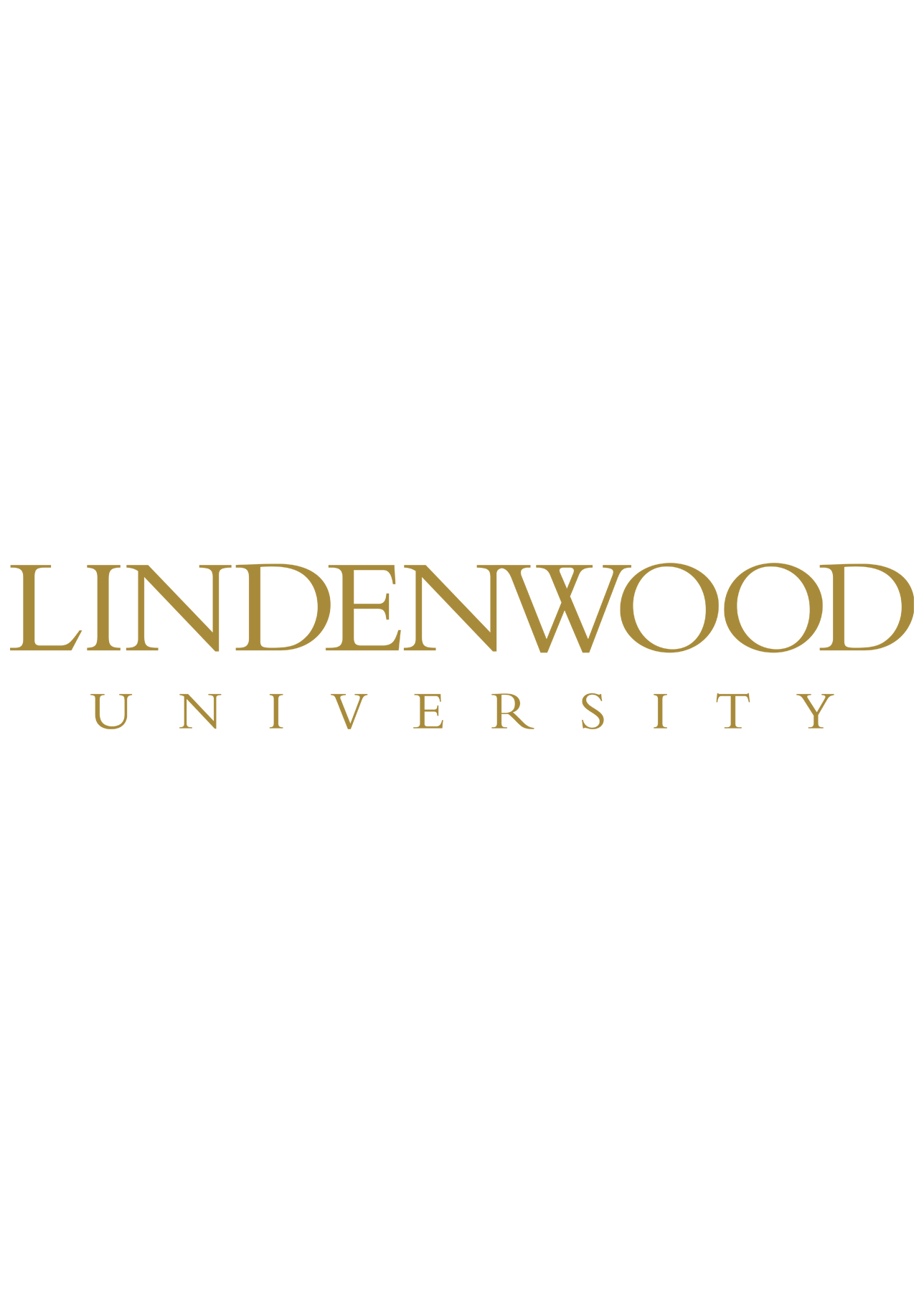
Lindenwood University
Intelligent Score: 89.7In-state: $18,000
Out-of-state: $18,000
In-state: $9,450
Out-of-state: $9,450
SAT: 990-1180
ACT: 19-25
$597
Online
Accreditation Council for Business Schools and Programs
30
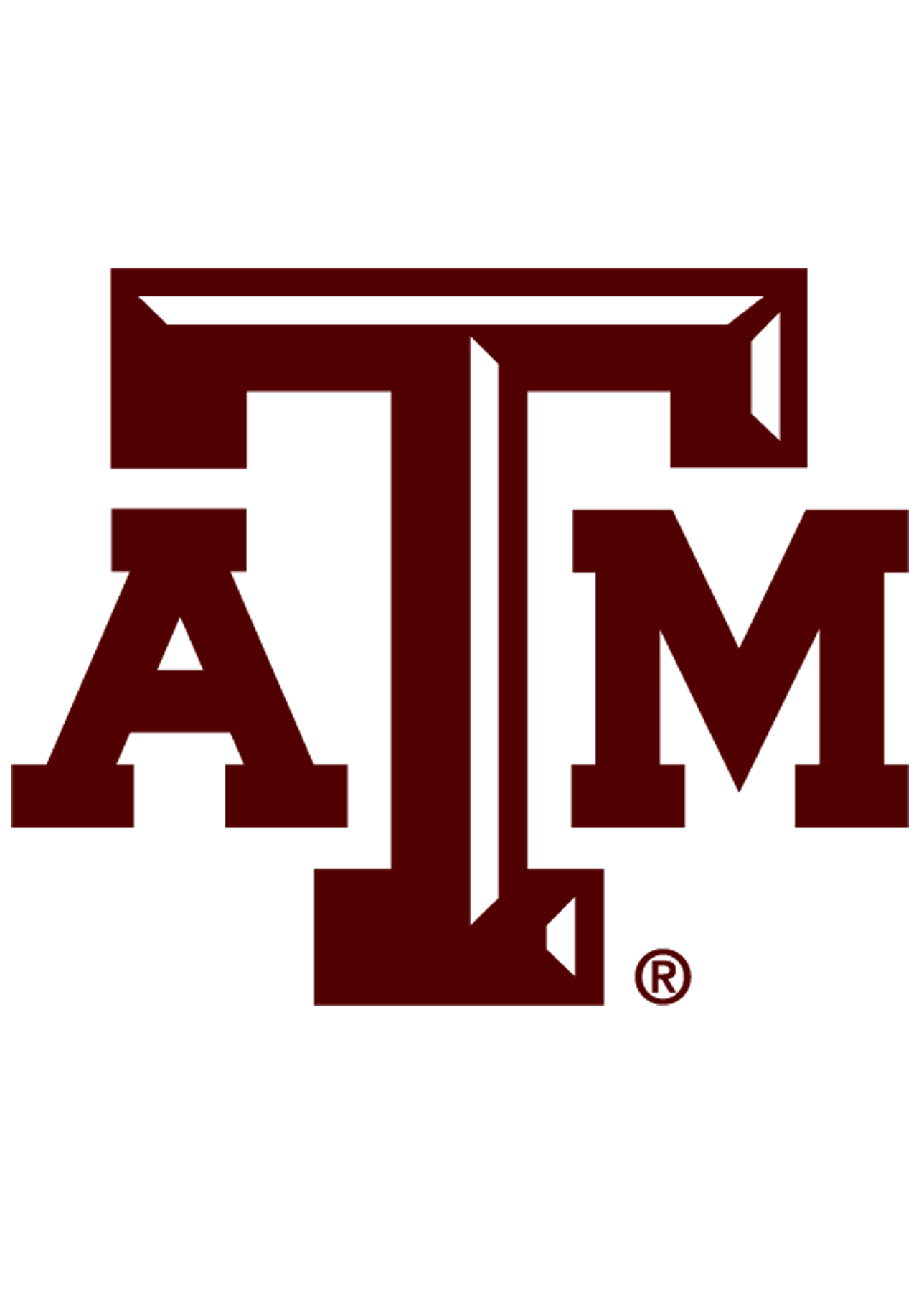
Texas A&M University at Texarkana
Intelligent Score: 89.18In-state: $8,395
Out-of-state: $36,849
In-state: $6,775
Out-of-state: $6,775
SAT: 1160-1380
ACT: 26-32
Resident: $310
Non-Resident: $833
Online
Association to Advance Collegiate Schools of Business International
30
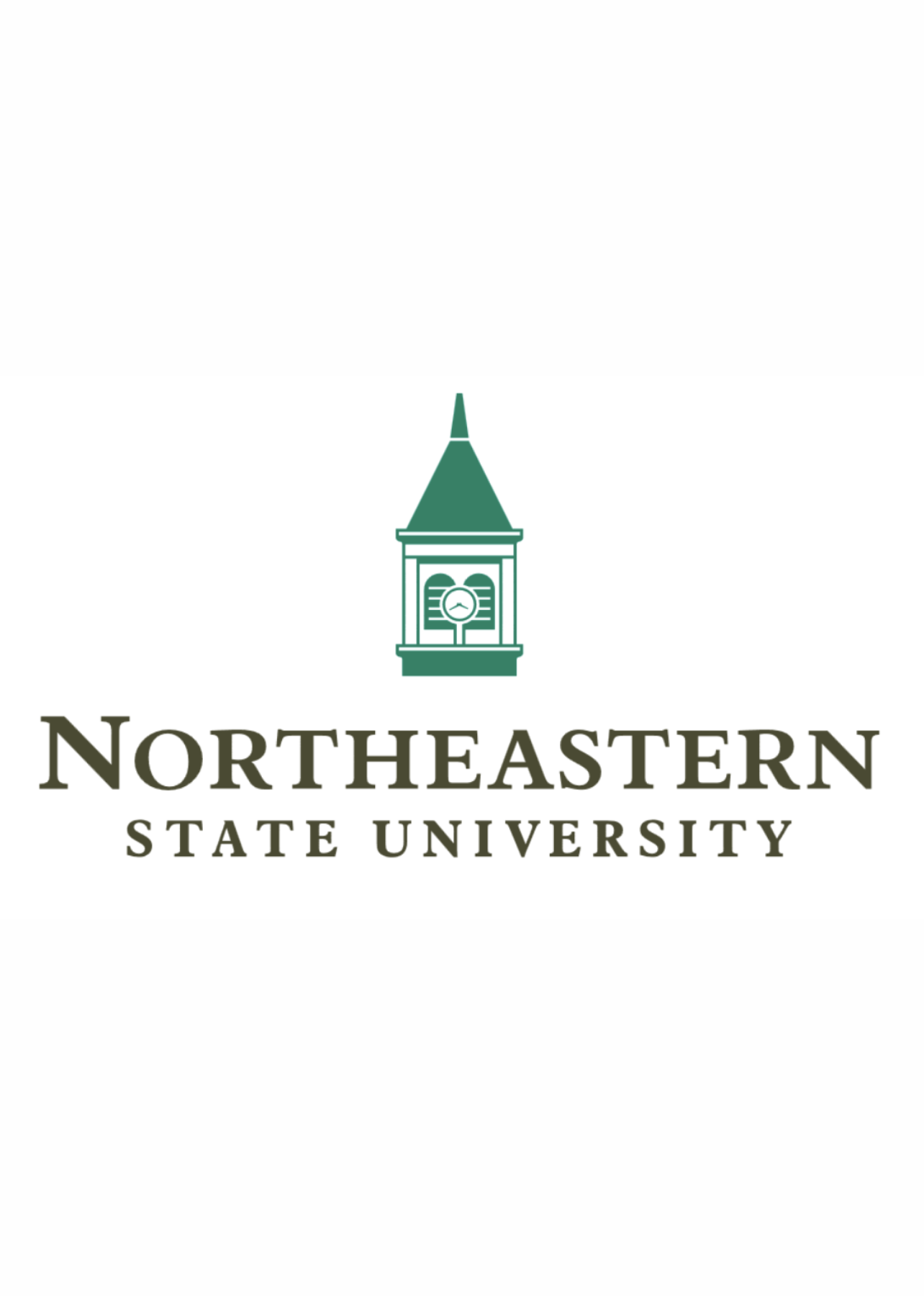
Northeastern State University
Intelligent Score: 88.51In-state: $5,913
Out-of-state: $14,313
In-state: $4,500
Out-of-state: $4,500
SAT: 955-1125
ACT: 17-24
$278
Online
Higher Learning Commission
30

Texas A&M University - Corpus Christi
Intelligent Score: 88.43In-state: $8,395
Out-of-state: $36,849
In-state: $6,775
Out-of-state: $6,775
SAT: 1160-1380
ACT: 26-32
$507
Online
Association to Advance Collegiate Schools of Business International
30
Cost Breakdown for an Online Master’s in Accounting Program
Students should know that attending an online accounting degree program may help them save money. Online learning means students can choose to live anywhere, including in an area with a lower cost of living than where their school is located. Also, online learning eliminates transportation costs, such as gas, parking, and public transit fees. Students may have more flexibility to work full- or part-time, enabling them to earn a steady income while earning their accounting degree.
But even online master’s in accounting programs involve a variety of different expenses — by understanding these, you can make an informed decision about your career goals and associated costs.
Tuition
Tuition is often charged on a per-credit or per-term basis. Per-credit tuition calculates costs based on the number of credits each semester. In contrast, per-term tuition offers a flat rate for a specific number of credits taken during the semester.
Fees
Online students typically encounter various costs related to virtual education. These may include technology fees to support online infrastructure, library fees associated with accessing digital resources and academic databases, and academic support fees covering services like tutoring and advising.
Personal technology
Investing in personal technology such as a reliable computer, high-speed internet connection, and necessary software is essential. Online accounting degree programs demand consistent access to these resources to engage in lectures, participate in discussions, and submit assignments without disruptions.
Books and other learning materials
While some online master’s degree programs offer digital textbooks and resources, students may still need to purchase specific books, software licenses, or supplementary materials.
Factors Influencing the Cost of an Online Master’s in Accounting Program
Various factors, ranging from institution type to individual student status, can affect the cost of a master’s in accounting program. Below is a breakdown highlighting the elements that most commonly influence the overall expense of such programs.
Public vs. private institution
Public universities typically receive state funding, leading to potentially lower tuition rates for in-state residents. In contrast, private institutions often have higher tuition due to fewer subsidies and varied funding sources.
Nonprofit vs. for-profit
Nonprofit institutions prioritize education and often reinvest profits into academic resources, leading to more competitive tuition rates. On the other hand, for-profit institutions are designed to generate revenue, causing higher tuition costs.
Student military status
Some institutions offer tuition discounts or specialized programs for active-duty service members, veterans, or their families, acknowledging their service contributions.
How to Choose the Online College or University that’s Right for You
Step 1: Clarify what you want
The first step in selecting the right accredited institution for your master’s in accounting revolves around clarifying your objectives for the program. There are many different accounting specializations to choose from, including:
- Tax planning
- Financial accounting
- Forensic accounting
- Nonprofit accounting
- International accounting
- Accounting analytics
- Accounting research
- Accounting theory
Once you identify your intended specialization, prioritize selecting a program delivery format and schedule that fits your lifestyle and learning preferences. For example, asynchronous part-time programs offer flexibility, ideal for working professionals seeking self-paced online learning. In contrast, synchronous full-time programs with set class times are designed for students seeking structured, real-time interaction and engagement.
Step 2: Research schools and programs
Once you’ve clarified your goals for your graduate accounting degree, conducting thorough research on the schools and programs that can help you meet your educational aspirations is essential.
Start by verifying each program’s accreditation status to ensure academic quality and recognition. To further refine your search, consider asking the following questions:
- Is the accounting program entirely online, or are there on-campus requirements?
- What is the average class size for online courses?
- How does the faculty facilitate student engagement in a virtual setting?
- What are the academic and professional backgrounds of the faculty?
- Are there opportunities for networking with peers and accounting professionals online?
- What technological platforms does the accounting program utilize for course delivery?
- How affordable is the school compared to your other options?
You can find this information by visiting university websites, attending virtual open houses, or speaking with admissions counselors.
Step 3: Prepare for applications and tests
After narrowing down your school choices, you can prepare for applications and required tests. For online master of accounting programs, standard application materials typically include:
- Transcripts from previous academic institutions, showing that you have already earned a bachelor’s degree
- Letters of recommendation
- Statement of purpose
- Resume detailing relevant work experience
While some institutions have adopted test-optional policies, many accounting programs still mandate standardized test scores. Depending on the school, these may include GRE or GMAT scores. To boost your preparedness, consider enrolling in a test prep program.
Step 4: Select your program
You may receive multiple acceptance letters if you submit multiple applications.
To select your accounting program, begin by revisiting the initial factors from your research, like the availability of your chosen specialization, preferred delivery format, and schedule flexibility to inform your decision. Additionally, reassess each program’s accreditation status, faculty credentials, alumni network, and financial considerations to ensure alignment with your academic goals and lifestyle.
Step 5: Determine how you’ll pay for your degree
To determine the optimal financing route for your master’s degree, prioritize seeking scholarships and grants as they don’t require repayment. Remember that federal loans can be helpful to bridge financial gaps, but it’s important not to rely on them too heavily to avoid overborrowing. Consider work-study opportunities for part-time employment to offset costs, especially beneficial for gaining experience. Additionally, if you’re currently employed, see if your employer offers a tuition reimbursement program.
It’s important to note that financial aid options can vary by institution; consult with a financial aid counselor at your school to see what may be available for you.
How to Pay for an Online Master’s in Accounting Degree
Out-of-pocket
Paying tuition out of pocket can provide financial independence and reduce any long-term debt burdens. Many institutions offer flexible payment plans, allowing students to spread out their tuition payments over several months rather than paying a lump sum upfront. By opting for this approach, you can avoid accruing interest on loans and maintain control over your financial obligations, ensuring you can pursue your education without mounting debt pressures.
Federal student loans
With lower interest rates than private loans and flexible repayment options, federal student loans are often a preferable way to finance your education. However, it’s crucial to exercise caution and avoid overborrowing. You can minimize debt accumulation and future financial strain by only borrowing what’s essential for educational expenses.
Private education loans
Private education loans are an alternative option for financing your degree but are often viewed as a last resort due to their less favorable terms. Unlike federal loans, private loans usually have higher interest rates and less flexible repayment terms, potentially leading to increased financial strain post-graduation. Prioritizing other financial aid options can help reduce reliance on private loans, making for a more cost-efficient educational journey.
Scholarships
Unlike loans, scholarships provide funds that do not require repayment, significantly reducing long-term financial obligations. For your graduate degree in accounting, you can find scholarship opportunities through your institution, professional accounting organizations, corporate sponsorships, and foundations dedicated to education. Additionally, online platforms, financial aid offices, and dedicated scholarship databases cater specifically to graduate students, offering resources and opportunities to offset tuition costs effectively.
Grants
Similar to scholarships, these financial aid options don’t require repayment. While more commonly associated with undergraduate studies, graduate students can access grants by submitting the Free Application for Federal Student Aid (for more information, check out our Ultimate FAFSA Guide). Other organizations, institutions, and foundations may also offer grants tailored to specific fields, including accounting.
Work-study
Work-study programs provide a valuable way for students to fund their education by combining employment with academic commitments. These programs allow students to work part-time positions, often on-campus, facilitating a balance between earning income and pursuing their education.
Typically, accessing these opportunities involves completing the FAFSA, which determines eligibility based on financial need. Integrating work-study into your education can alleviate tuition costs and gain practical experience, boosting your professional growth.
Employer tuition assistance
Online master’s degree students who are currently employed may be able to leverage employer tuition assistance to offset educational costs. These programs, offered by many companies, reimburse employees for tuition expenses related to job-relevant courses or degrees. By tapping into these benefits, you can further your education without bearing the entire financial burden.
Scholarship Database
Intelligent Scholarship Finder Tool
"A Helping Hand" Scholarship
Award Amount: $500
Due Date: January 31, 2025
"Follow Your Own Path" Essay Scholarship
Award Amount: $500
Due Date: January 31, 2025
"Tuition Solution" Scholarship for STEM Students
Award Amount: $500
Due Date: January 31, 2025
$25k "Be Bold" No-Essay Scholarship
Award Amount: $25,000
Due Date: Closed for 2024
(ISC) Graduate Cybersecurity Scholarship
Award Amount: $5,000
Due Date: Closed for 2024
(ISC) Women in Information Security Scholarship
Award Amount: $5,000
Due Date: Closed for 2024
A.C. "Kate" & Leo Joseph Merlone St. Dominic Catholic Church of Saginaw Member Scholarship
Award Amount: Varies
Due Date: Closed for 2024
A.C. "Kate" & Leo Joseph Merlone Teaching Scholarship
Award Amount: Varies
Due Date: Closed for 2024
a/e ProNet David W. Lakamp Scholarship
Award Amount: $5,000
Due Date: Closed for 2024
AAAE Native American Scholarship
Award Amount: $1,500
Due Date: March 15, 2025
What Can You Do With an Online Master’s in Accounting Degree?
While a bachelor’s degree in accounting is the minimum education level required for most entry-level accounting jobs, having an online master’s degree in the field can open up opportunities for leadership and management positions with higher earning potential.
This degree can provide the necessary preparation for becoming a Certified Public Accountant (CPA), which can lead to more job opportunities working on auditing, tax planning, advanced financial accounting, and advanced financial reporting for a wide variety of clients, including individuals and companies. In addition to helping you meet CPA licensure requirements, a master’s in accounting can also prepare you for earning the Certified Management Accountant (CMA) and Certified Internal Auditor (CIA) credentials.
Online master of accounting programs can also qualify individuals to teach accounting, engage in accounting research, and develop accounting theory. According to the Bureau of Labor Statistics (BLS), the demand for post-secondary instructors in business and finance is expected to increase by 7% through 2032.
Other job opportunities that graduates with this master’s degree can explore include financial planning, nonprofit accounting, forensic accounting, and international accounting. Accounting professionals can be found in all industries, as any company that brings in revenue needs accountants and auditors to ensure that money and transactions are being handled properly.
Some of the most common jobs for those with an accounting background include:
Career Outlook
- Accountants — Prepare and examine financial records to ensure accuracy, identify potential areas of opportunity and risk, provide solutions for businesses and individuals, and confirm that taxes are paid properly.
- Median annual salary: $79,880
- Projected employment growth (through 2032): 4%
- New jobs projected: 126,500 per year
- Budget analysts — Advise organizations about the details of their finances, prepare annual and special reports, evaluate budget proposals, and analyze data to determine the costs and benefits of various programs.
- Median annual salary: $84,940
- Projected employment growth (through 2032): 3%
- New jobs projected: 3,600 per year
- Executive finance officers — Manages all aspects of cash flow and financial planning for a company, as well as analyzes its financial position.
- Median annual salary: $206,680
- Project employment growth (through 2032): 3%
- New jobs projected: 311,600 per year
Compare School Options
Related Degrees
- Electrical Engineering
- Paralegal Studies
- Film
- K-12 Education
- Business
- Medical Office Administration
- Adult Education
- Higher Education
- Supply Chain Management
- Sustainability



